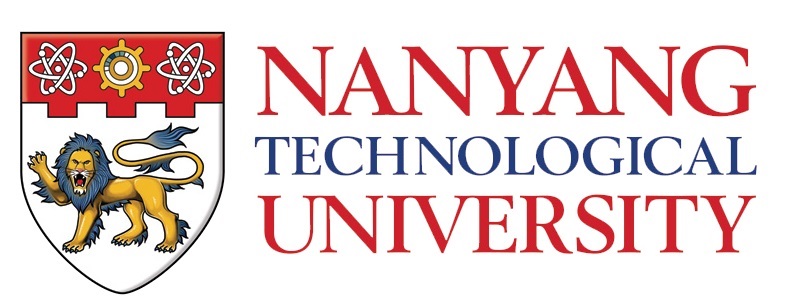To Interested Participants
Letter to Interested Parents
Dear Parents,
Being a Singaporean parent means an extra responsibility: to ensure that your child can learn two languages and become an effective bilingual. In the Singaporean multi-lingual society it does not seem to be a difficult task. However, studies have shown that not all Singaporean children are learning two languages well and that some of them are having a hard time. For example, a recent study (Gao & Wang 2013) found that 20.6% of the Singaporean children (with a sample size of 500) were below the normal range in either English or Chinese in lexical development. The findings also show that 25% of the bilingual children may have difficulty in word learning in either one or both of the languages.
Both parents and school teachers have reached a mutual understanding that efforts have to be made to help children to learn two languages well before they reach an older age when language learning becomes harder.
Bilingual education plays an important role but providing children a good learning environment in which they can use two languages in daily activities would very much reduce the stress of learning.
In order to find an effective way to help children use two languages naturally, we have designed this study to invite your child to participate in two game-like test sessions, in which children are asked to use English and Chinese to name pictures they are shown from a picture book and then to describe actions they are shown from video recordings. These pictures and video recordings involve objects and events they often see or have familiarized themselves with in daily activities. (e.g., pressing a button, picking up a toy, etc.). All of the depictions will be engaging, educational, and appropriate for small children.
Well before we schedule a time for your child to participate in the study, we will pass you a copy of a bilingual Parent Report Form (either an e-copy via email or a hard copy via your child’s daycare), in which you will be asked to complete questions regarding demographic information about your child and your family, such as languages spoken at home, parents’ education backgrounds, English and Chinese words your child has acquired, etc. You can decline to fill out the report. You will receive a certificate of your family’s participation in the study, together with a thank-you gift to your child after the Parent Report Form is filled out and returned and your child completes the experiment.
The game-like test in which your child will participate in will not be structured in pass/fail terms. All of the depictions will be engaging, educational, and appropriate for small children. Your child will play these games with one or two researchers who are experienced in working with children.
You can explain to your child the general purpose and content of this study. In addition, researchers and teachers will tell your child the general purpose and content of each activity before they conduct it.
Your child can stop participating at any time without penalty. And your child will be told before testing that they can stop participating at any time if they want. You may stop the child from participating at any time without penalty.
Your child’s responses are important, but not all of it may have been captured during testing. Hence, we hope to video or audio record the whole testing process for the purpose of data analysis. In addition, the researchers may occasionally use the recordings to demonstrate the testing procedures to other researchers for discussions. We hope that you will allow us to use the video recordings of your child for such purposes. Your child’s identity will remain undisclosed. The recordings of your child will be kept under lock (with no access to anyone except for the principal investigator) and would be destroyed after five years. However, you may still decline to have your child appear in video or audio recordings.
The data gathered will not provide a specific evaluation of your child, nor will they be used to provide diagnosis of problems or disabilities, though we may give you general guidelines, if requested, on how to improve the learning environment in which your child may excel to become a well-balanced bilingual. They will be used for research purpose only and all the information acquired will be kept strictly confidential. The publication for the study results will be presented in a manner that does not identify you nor your child.
To appreciate your and your child’s participation in this study, your child will receive an age-appropriate gift and your family will receive a certificate of participation in the study, as mentioned earlier.
The researchers will be glad to answer any questions in regard to the procedures of this study. If you have any other questions or concerns regarding the ethical guidelines of the study, you can address them to the researchers who contact you or to me directly.
Please find our registration page on the website of the Bilingual Development Lab if you are interested in the study, or give us a call or send us an email so that we can make the registration for you.
We look forward to welcoming you to join us for the study.
Sincerely yours,
Helena Gao
